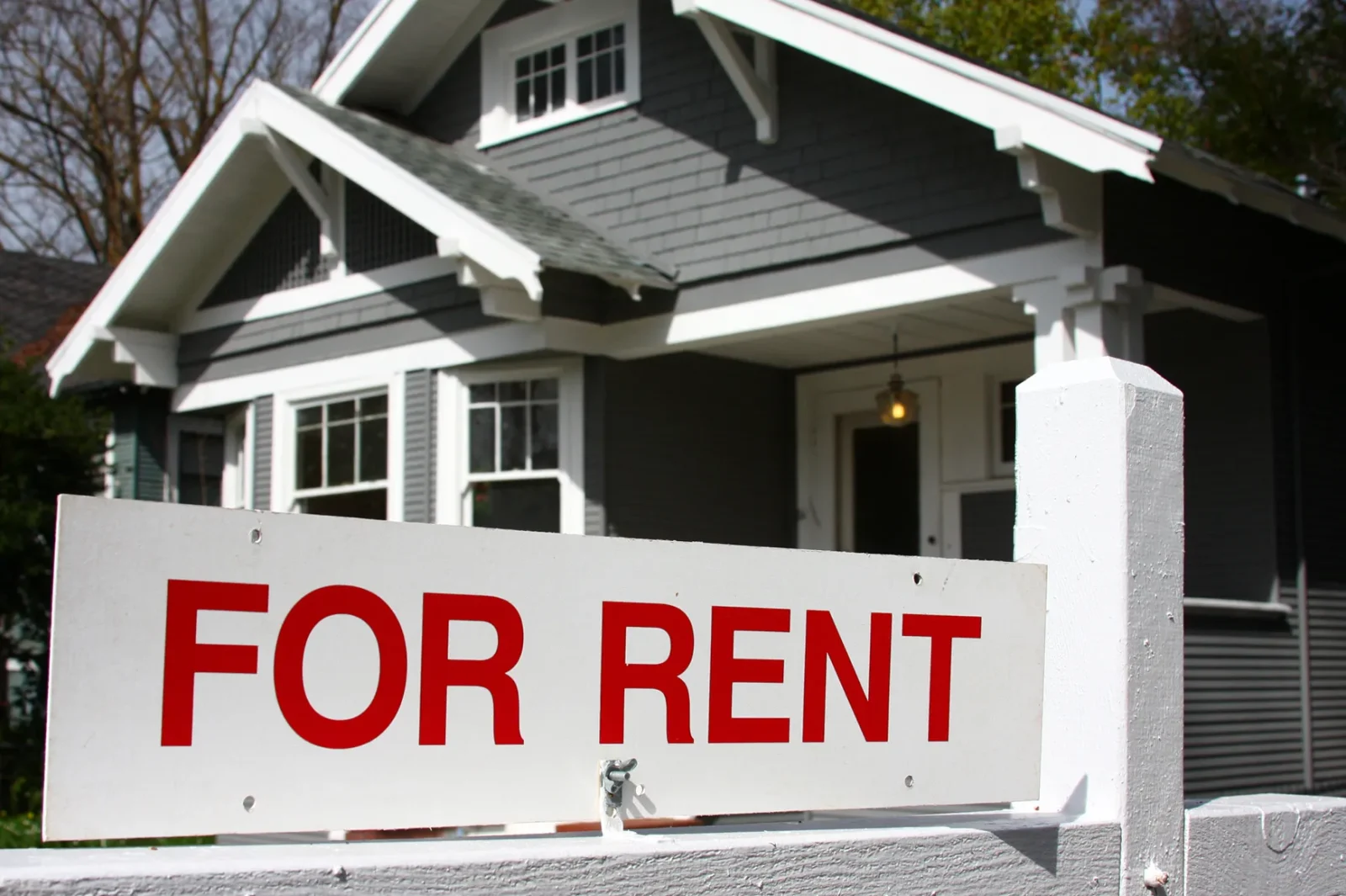As housing costs continue to rise across the United States, renters in South Carolina are increasingly concerned about the prospect of rent increases. With South Carolina’s population growing and demand for housing on the rise, understanding your rights as a renter has never been more critical. This article aims to provide a comprehensive overview of South Carolina’s rent increase laws in 2024, offering renters the knowledge they need to navigate potential rent hikes and protect themselves from unfair practices.
Legal Framework Governing Rent Increases in South Carolina
South Carolina’s rental laws are primarily governed by the South Carolina Residential Landlord and Tenant Act. This act sets forth the rights and responsibilities of both landlords and tenants, including the regulations surrounding rent increases.
South Carolina Landlord-Tenant Act
The South Carolina Residential Landlord and Tenant Act, originally enacted in 1986, outlines the legal relationship between landlords and tenants. It covers various aspects of rental agreements, including lease terms, security deposits, eviction procedures, and rent increases.
Key Provisions Related to Rent Increases
The Act does not impose strict limits on how much a landlord can increase rent, but it does require that landlords adhere to certain procedural requirements, particularly concerning notice periods. These requirements ensure that tenants are not blindsided by sudden rent hikes and have adequate time to plan or negotiate.
Notice Requirements for Rent Increases
One of the most critical aspects of rent increase laws in South Carolina is the requirement for landlords to provide adequate notice to tenants before raising the rent.
Minimum Notice Periods
In South Carolina, landlords must provide at least 30 days’ notice before increasing the rent for month-to-month leases. For fixed-term leases, landlords generally cannot increase rent until the lease term expires unless the lease agreement includes a provision allowing for mid-term increases.
Variations Across Different Cities
While the state law sets a baseline, some cities in South Carolina may have additional regulations or guidelines regarding notice periods. For example, cities like Charleston and Columbia may have local ordinances that influence how rent increases are communicated to tenants, although rent control measures are not common.
Exceptions and Special Circumstances
There are exceptions to the standard notice requirements, particularly in cases where the lease explicitly allows for rent adjustments under specific conditions, such as increased property taxes or major repairs. Tenants should carefully review their lease agreements to understand any such clauses.
Rent Control and Rent Stabilization: Myths vs. Reality
Rent control and rent stabilization are often discussed in the context of rent increase laws, but it’s essential to understand the reality of these concepts in South Carolina.
The Absence of Rent Control in South Carolina
Unlike some states, South Carolina does not have rent control or rent stabilization laws. Rent control refers to government-imposed limits on the amount a landlord can charge for rent, often tied to inflation or other economic indicators. The lack of such regulations means that rent increases in South Carolina are largely subject to market conditions.
How Local Ordinances Affect Rent Increases
While state law does not provide rent control, local governments in cities like Charleston, Greenville, and Columbia can enact ordinances that may indirectly impact rent increases. These might include zoning laws, affordable housing initiatives, or incentives for developers to create more rental units, all of which can affect the supply and demand dynamics that drive rent increases.
What Constitutes a Reasonable Rent Increase?
With no statewide rent control, the question of what constitutes a reasonable rent increase becomes crucial. Understanding the factors that influence rent increases can help renters assess whether a proposed hike is fair.
Factors Influencing Rent Increase Percentages
Several factors can contribute to rent increases in South Carolina, including:
- Inflation: As the cost of living rises, landlords may raise rents to cover increased expenses.
- Property Improvements: Significant upgrades or renovations to a rental property can justify a rent increase.
- Market Demand: High demand for rental units, particularly in desirable areas like Charleston and Myrtle Beach, can lead to higher rents.
- Local Economic Conditions: Economic growth in cities like Greenville and Columbia can lead to increased rental rates as more people move to these areas for work.
Comparing Rent Increase Trends in Major South Carolina Cities
Rent increases can vary significantly depending on the city. For instance:
- Charleston: Known for its historic charm and booming tourism industry, Charleston has seen substantial rent increases, with some neighborhoods experiencing annual hikes of 5% to 10%.
- Columbia: As the state capital and home to the University of South Carolina, Columbia’s rental market is influenced by the student population and government employment, leading to moderate rent increases.
- Greenville: This rapidly growing city has seen rent increases driven by a surge in tech and manufacturing jobs, with average annual increases ranging from 4% to 8%.
Challenging Unfair Rent Increases
While rent increases are a reality of renting, there are steps tenants can take if they believe a proposed increase is unfair.
Steps to Dispute a Rent Increase
If a tenant feels that a rent increase is unjustified, they can:
- Review the Lease Agreement: Ensure that the rent increase complies with the terms outlined in the lease.
- Request Justification: Ask the landlord to provide a detailed explanation for the increase, including any improvements or changes that justify the hike.
- Negotiate: Open a dialogue with the landlord to negotiate a lower increase or request a delay.
Legal Recourse and Resources for Renters
Tenants who believe a rent increase violates the law or their lease agreement may seek legal advice. Organizations such as South Carolina Legal Services offer assistance to low-income renters, and the South Carolina Human Affairs Commission can provide guidance on discrimination-related issues.
Mediation and Negotiation Strategies
Mediation can be an effective way to resolve disputes over rent increases. This involves a neutral third party who helps the landlord and tenant reach a mutually agreeable solution. In South Carolina, mediation services are often available through local housing authorities or legal aid organizations.
Case Studies and Statistics
Examining real-world examples and data can provide a clearer picture of how rent increases are affecting South Carolina renters.
Rent Increase Trends in Charleston, Columbia, and Greenville
- Charleston: In recent years, Charleston has experienced some of the highest rent increases in the state, with average monthly rents rising by 7% to 10% annually. This trend is particularly pronounced in downtown areas and popular neighborhoods like Mount Pleasant.
- Columbia: Rent increases in Columbia have been more moderate, with average hikes of 3% to 5% per year. The presence of a large student population and government workers helps stabilize the market.
- Greenville: Greenville’s rent increases have been driven by its booming economy, with average annual increases of 4% to 8%. The influx of new residents has put pressure on the housing market, leading to higher rents.
Impact of Rent Increases on Different Demographics
Rent increases disproportionately affect certain demographics, including:
- Low-Income Renters: Those with limited incomes are most vulnerable to rent hikes, as even a small increase can strain their budgets.
- Senior Citizens: Fixed-income seniors may struggle to keep up with rising rents, leading to increased housing insecurity.
- Young Professionals: In cities like Greenville, young professionals moving for work may face higher rents, making it difficult to save for future homeownership.
Protecting Yourself: Tips for Renters
Renters can take proactive steps to protect themselves from unexpected rent increases.
How to Prepare for Potential Rent Increases
- Budget for Increases: Assume that your rent will increase annually and plan your budget accordingly.
- Build an Emergency Fund: Set aside money each month to cover potential rent hikes or moving expenses.
- Monitor Market Trends: Stay informed about rental market conditions in your area to anticipate possible rent increases.
Reviewing and Understanding Lease Agreements
Before signing a lease, carefully review the terms related to rent increases. Look for clauses that allow for mid-term increases or require a certain notice period. If anything is unclear, ask the landlord for clarification or seek legal advice.
Staying Informed About Market Trends
Understanding market trends in your city or neighborhood can give you a better idea of what to expect when it comes to rent increases. Regularly checking rental listings, talking to neighbors, or consulting with local real estate agents can provide insights into whether rent hikes in your area are above or below average. Websites like Zillow, Rent.com, and local housing market reports can also be valuable resources for keeping track of rental price trends.
Conclusion
As the rental market in South Carolina continues to evolve, renters need to stay informed about their rights and the laws governing rent increases. While the state does not impose rent control measures, understanding the legal framework, knowing what constitutes a reasonable rent increase, and being aware of the resources available for disputing unfair hikes are crucial steps in protecting yourself as a tenant.
South Carolina’s growing cities, like Charleston, Columbia, and Greenville, present unique challenges and opportunities for renters. By preparing for potential increases, reviewing lease agreements carefully, and staying updated on market conditions, renters can navigate the complexities of the rental market more confidently. Remember, being proactive and informed is the best defense against unexpected rent hikes.
Final Thoughts
Navigating rent increases can be challenging, especially in a state like South Carolina, where the absence of rent control puts the onus on renters to protect their interests. Whether you’re living in a bustling city like Charleston, a college town like Columbia, or a growing tech hub like Greenville, understanding your rights and the factors influencing rent hikes will empower you to make informed decisions.
As a renter, it’s essential to approach any rent increase with a clear understanding of your lease agreement and the local market. Don’t hesitate to seek legal advice if you believe a rent increase is unfair or violates the terms of your lease. Ultimately, your knowledge and preparation can make a significant difference in maintaining housing stability and affordability.
By staying vigilant and informed, you can better navigate South Carolina’s rental market and safeguard your financial well-being, ensuring that you’re not caught off guard by rising housing costs in 2024 and beyond.












Leave a Reply